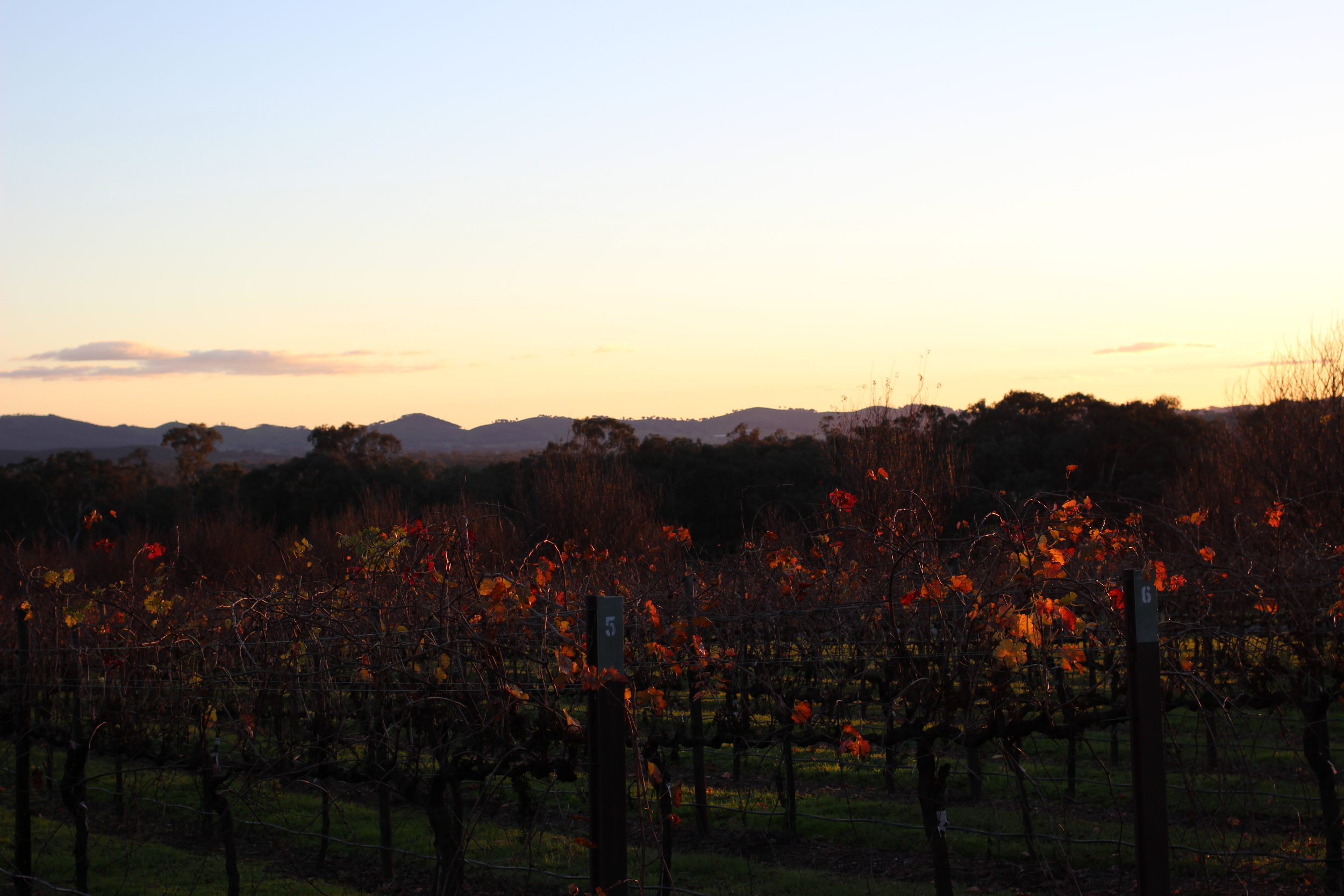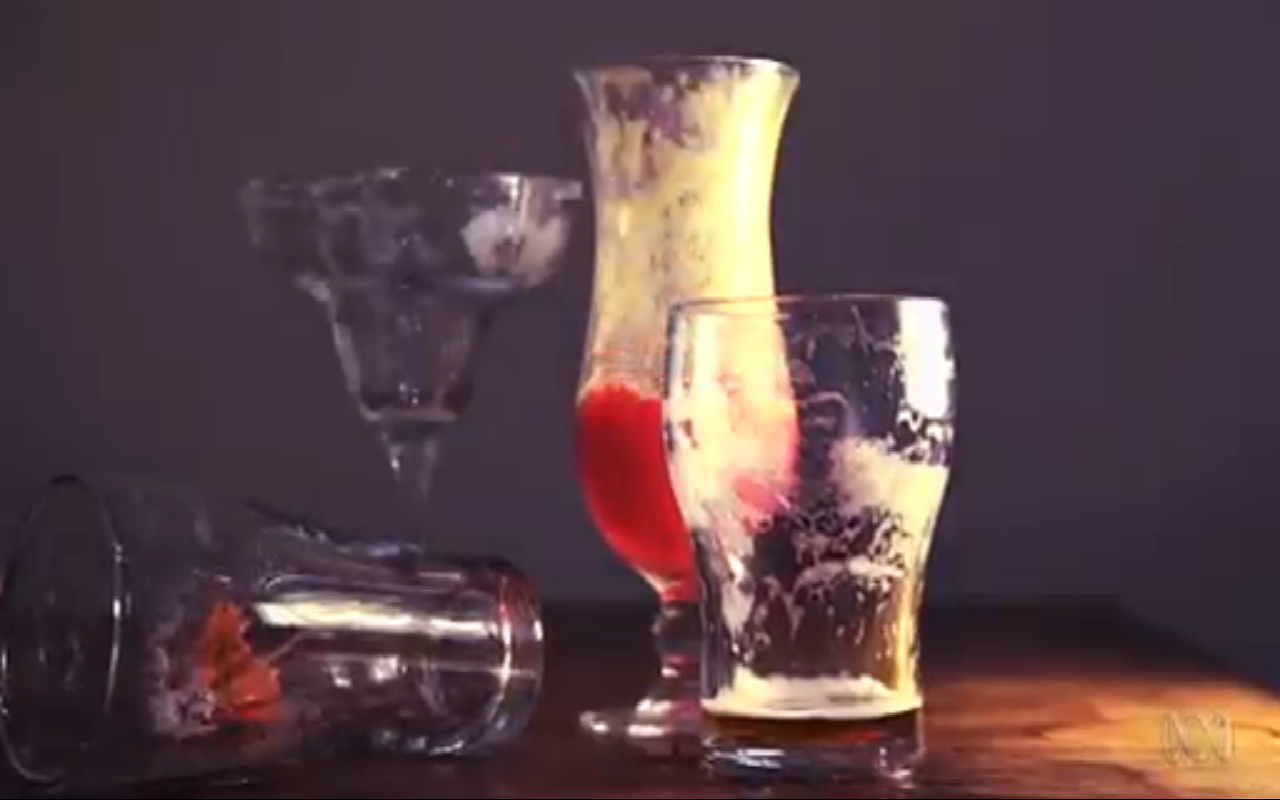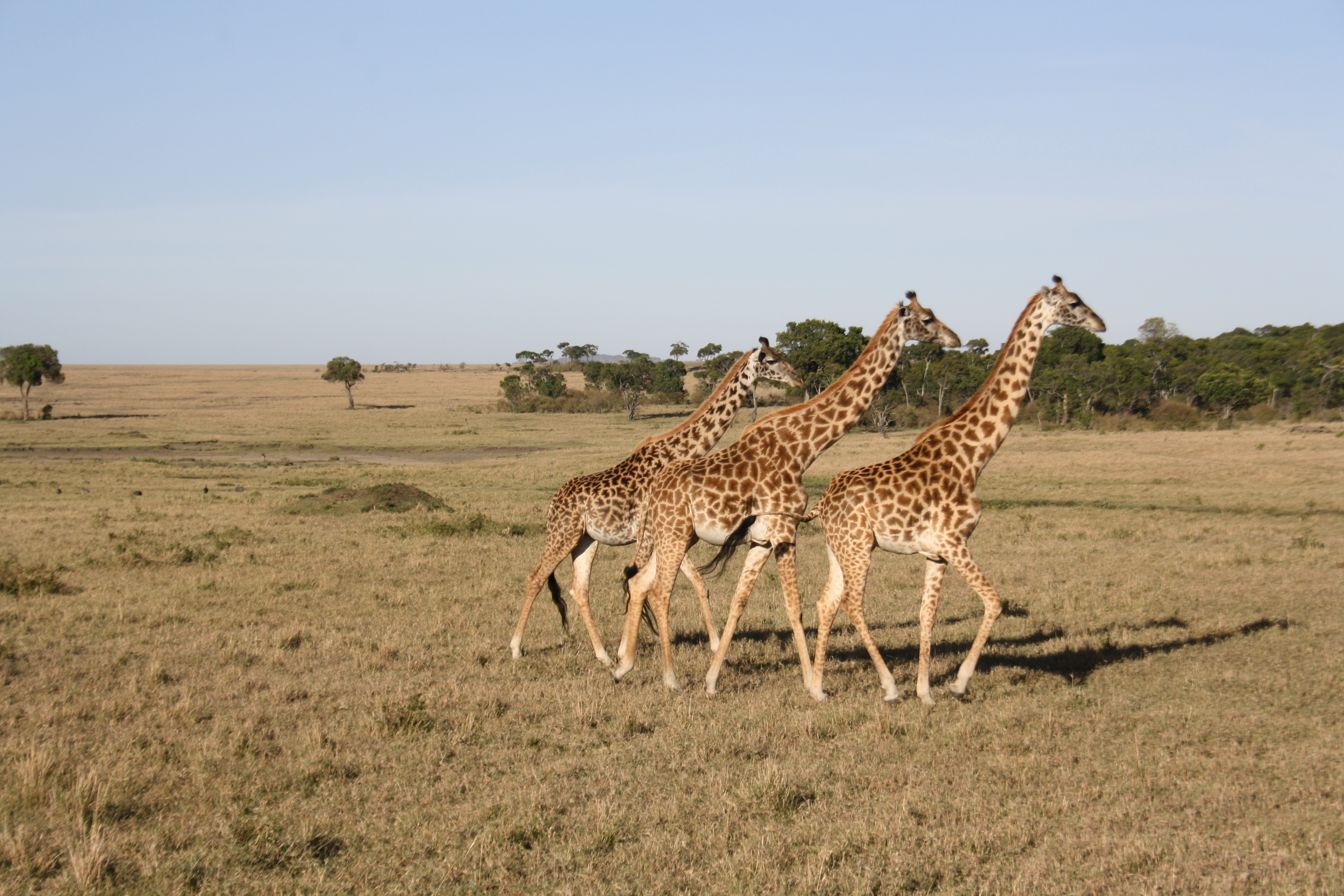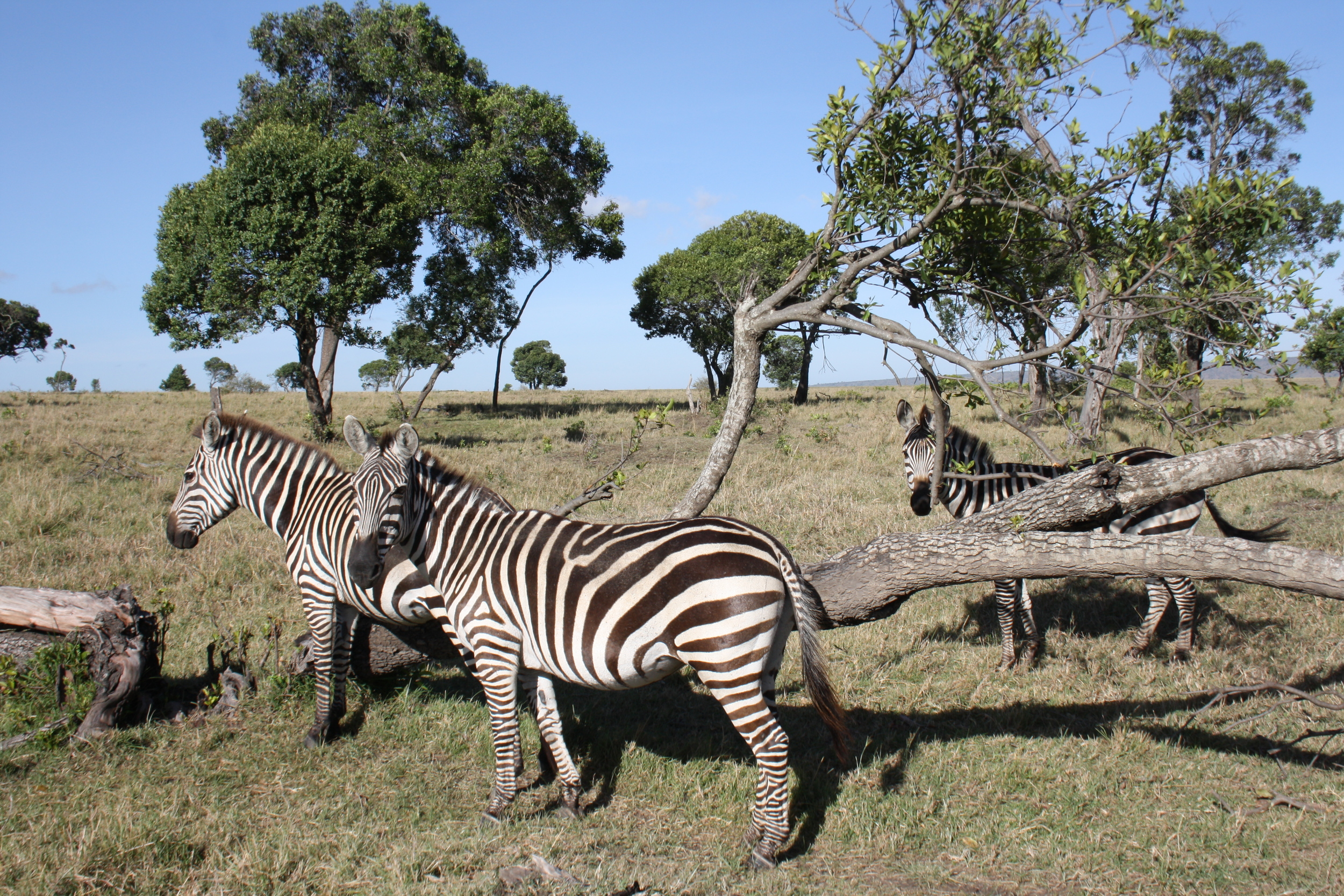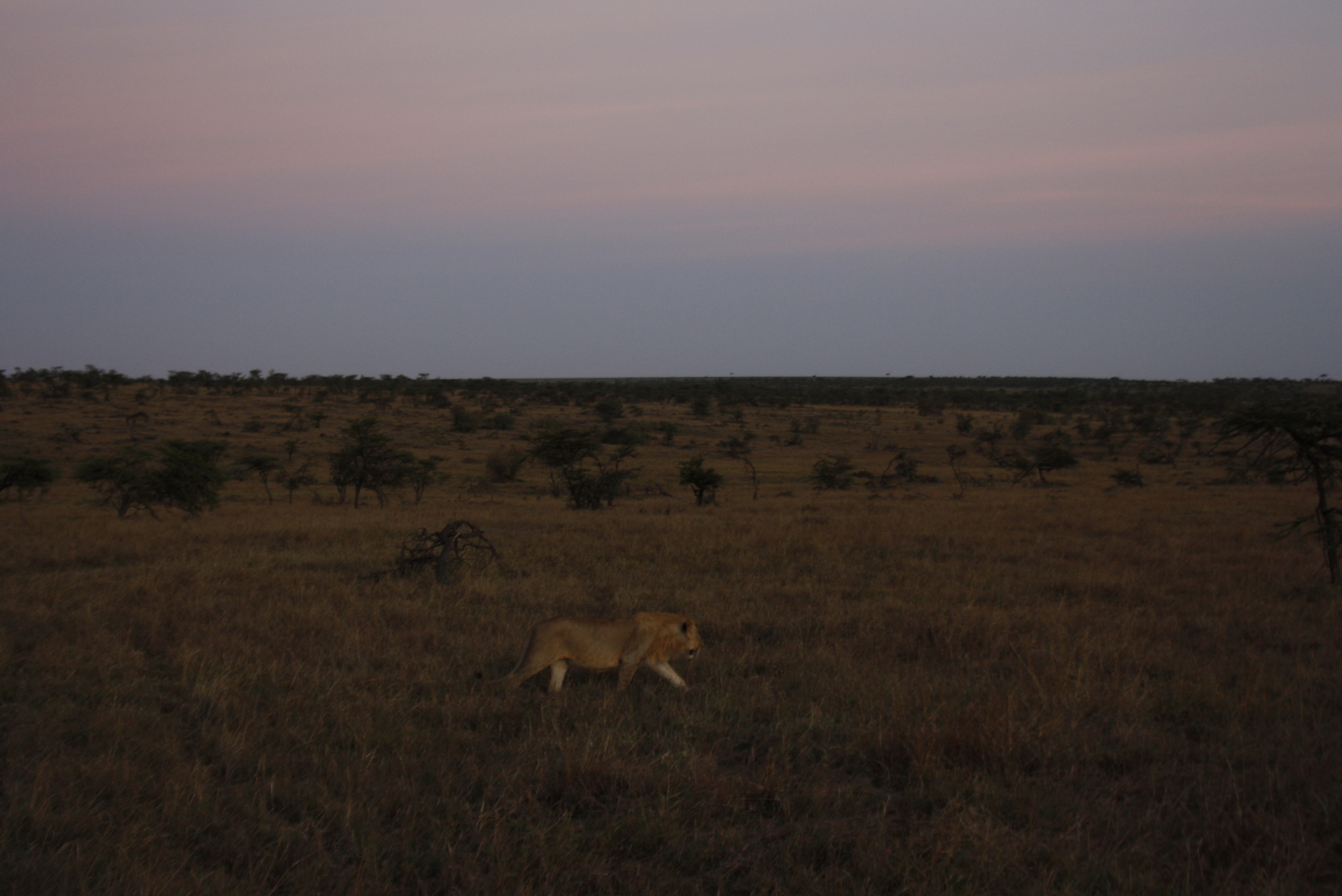The Festive Season is here again.
And maybe its just me, but I've noticed that perhaps even more so than previous years, there seems to be a palpable sense of exhaustion at the crazy consumer merry-go-round that inevitably takes over what should be an otherwise reflective and peaceful time of year.
On the one hand, I feel like the whole circus is on steroids this year - from magazine spreads touting "the perfect festive table" to online publications listing "10 meaningful Christmas gifts under $10" and "the guilt free Christmas dinner" or "how to survive the festive season".
But on the other hand, I've had so many conversations with people who are altogether sick of it. Not the Christmas part, but the rest of it. It’s a familiar conversation.
I love reconnecting with family and friends as much as the next person - and anyone who knows me knows I really love a delicious dinner shared with those I love. But surely, in our era of hyper connectedness, as consumers we now know too much to stay on the merry go round.
Too much to fool ourselves into thinking that things are what this holiday is about.
Too much about where our cheap and cheerful stuffing stockers are made, and unable to take consumer products at face value without considering all the hidden externalities.
Too much about the implications of unnecessary or unsustainable personal debt and the flow on effects that last long into the year.
Too much to ignore the persistent suffering and going without of others over the globe, and indeed in our own part of the world.
Too much to forget that there are people all over the globe fighting for the right to the kinds of religious rituals we're so lucky to enjoy, but are also too happy to see overtaken by shopping.
Yet we do it.
So knowing all that, how can we approach this time of year consciously, with ethics and empathy? Can we suspend this knowledge and participate anyway, for fun? Does ethical consumption even exist at Christmas time?
For most of us living in times of such abundance (and they are, even despite all the dire financial reports we read in the press), this annual consumption frenzy is almost an rite of passage. The focus changes year on year - from childhood when excitement over the man in the red suit brings you close to bursting, to adolescence when it might be more about the parties or a new gadget in your stocking, through to adulthood when the focus shifts back to the children you or others have added to their family - but still something doesn’t feel quite right.
A dear friend who is driven to create social good in the world recently lamented to me that she wishes she were a better ethical consumer - that she had better visibility over where the things she purchases come from, what conditions they're made in, etc. They say every dollar spent is a vote for the world you want to see. What about at Christmas time? Do we cast it all aside in the name of a Boxing Day bargain?
Many a conversation has been had this week about how to avoid the festive frenzy without feeling like a grinch. And Joshua Becker from Becoming Minimalist has some simple advice. “Don’t buy what you don’t need.”
As Chitra Ramaswamy wrote this week in The Guardian, avoiding the Christmas consumption circus comes with a strange sense of liberation and lightness. She calls it “replacing shopping with living”. She also noticed that nothing really changed, despite new behaviours she anticipated would take some getting used to. “Life, in other words, is exactly the same as it was when I spent money I didn’t have on Christmas.”
We know that excess consumption leads to less financial freedom, less generosity, less contentment - all the while contributing to greater global inequality, environmental imbalance, and dissatisfaction.
As Ramaswamy notes in her article, “Whatever we’re buying, and buying into, it’s not working.”
I don't want to be the contrarian - and I assure you that is not what this post is about - more a reminder that the festive season is festive regardless of how much money we spend, how many presents we buy, just as long as we remember that.
We’ve been told for so many years that Christmas should be about friends and family not about things, about caring for others not about us, about peace for us all as individuals and for the global community. So this festive season, why not give yourself and your family the best present?
Nothing but love.













































